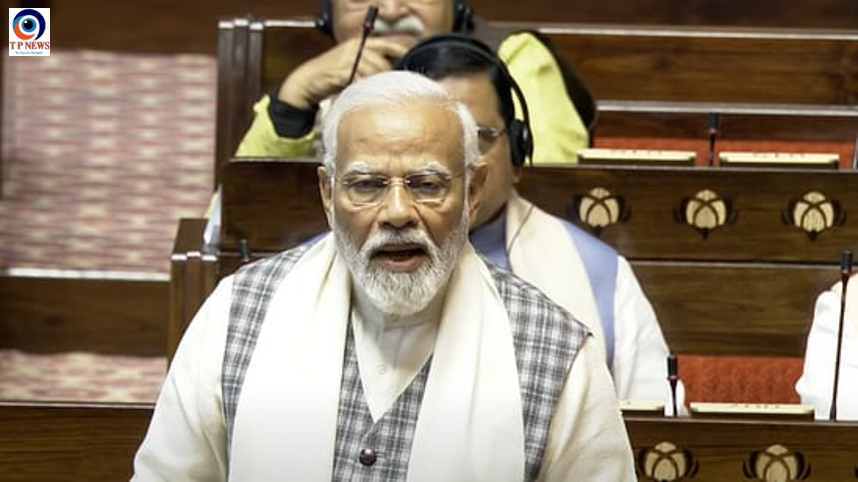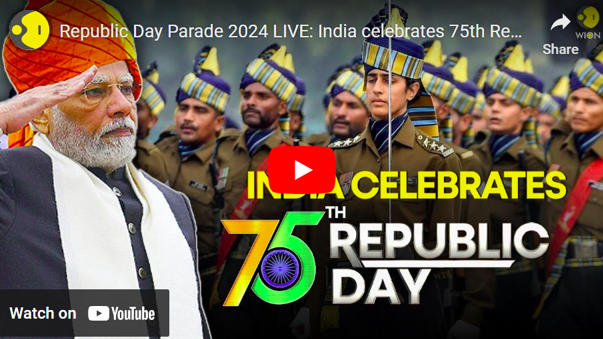On Tuesday, March 19, 2024, the Bharatiya Janata Party (BJP) allocated 10 seats for the upcoming 2024 Lok Sabha elections in Tamil Nadu to the Pattali Makkal Katchi (PMK). The agreement was formalized during a meeting at the residence of PMK founder S. Ramadoss in Thailapuram, Villupuram district, where BJP State president K. Annamalai and Ramadoss signed the deal.
The leaders engaged in discussions for nearly an hour before reaching a consensus, with PMK president Anbumani Ramadoss and former BJP State president and Union Minister of State L. Murugan also present.
Following the agreement, PMK leaders are expected to join the BJP’s public gathering in Salem today, where Prime Minister Narendra Modi is slated to address party members.
The specifics of the constituencies that PMK will contest are anticipated to be announced within the next few days.












